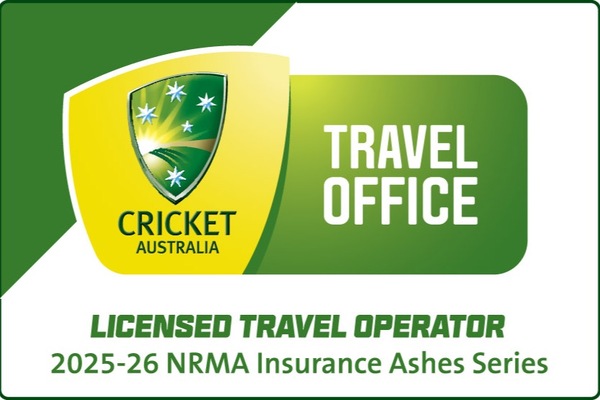‘Travel's economics are hard to grasp – for consumers and government’
 Noel Josephides
Noel JosephidesWhile all-inclusive holidays meet the needs of many UK families seeking a break, the economic benefits of visitors to these types of properties usually do not, unfortunately, trickle down to the local community in which they are situated.
People simply don’t want to leave their hotel because everything is ‘free’ while they are on the property and guests – especially parents – might well spend more than carefully budgeted if they splurge on extra expenses outside their hotel.
That, in turn, leads to local businesses ceasing to trade and the former business owners having to find employment – sometimes, of course, at the big all-inclusive properties that caused their own business to fail.
Some hoteliers want it every way.
A hotelier in Cyprus who caters for bed and breakfast, half-board and all-inclusive reported that he noticed his bar takings falling despite having high occupancy rates. He discovered that his all-inclusive clients were selling the bar drinks to his bed and breakfast and half-board clients, undercutting his own bar rates.
The economics of the travel industry are hard to understand for consumers and, it would appear, for the government too.
Having heard from the ONS (Office for National Statistics) that travel was one of the hardest-hit sectors during the pandemic, we also heard in news reports earlier this year that travel had saved the UK from recession.
Recognition, you might think – but, when ministerial portfolios were announced recently, travel was, initially, omitted from the list.
‘Travel-related spend is massive for the economy’
The UK government has never properly understood outbound travel.
It sees travel as a net drain to UK PLC – totally incorrectly. The government forgets that, without the enormous lift generated by the outbound holiday market, there would be substantially less capacity to bring overseas holidaymakers to the UK.
The range of overseas airports showing UK-bound flight availability is enormous; this benefits the UK hugely, with hotels, restaurants, pubs and tourist sites all over the country benefiting from the resultant spend.
The Advantage Travel Partnership unveiled a fascinating infographic at its recent conference, explaining how much is spent pre-departure by UK holidaymakers.
Outbound travel employs huge numbers of people, delivers massively to UK PLC’s bottom line (pre-holiday spending in the UK amounts to £51 billion per year on hairdressing, new clothes, toiletries etc) – and the total travel-related spend contributes a massive £84 billion to the UK economy.
Our industry gives huge pleasure to its clients, tries to support host destinations, making sure that visitors deliver to the economy of each host country in return for their hospitality. Yet we don’t enjoy sufficient access to the government’s ear, or the understanding and support that we both merit – and desperately need from those wielding political power.
Government also confuses the outbound holiday sector with aviation – but we are completely separate sectors.
‘We live in hope’
Yes, we help fill the airlines’ seats, though they are always reluctant to admit it, but there the similarity ends. Airlines fly aircraft. We, the tour operators, do so much more.
Traditionally, it has been tour operators that have opened up new markets. It has been tour operators who are the risk takers. Looking back over the past 53 years that I have worked in the travel industry, it has been tour operators that have developed destinations like Greece, Turkey, Spain and Portugal.
It was tour operators, too, that paid accommodation owners in advance of holidays taking place to help build the bed stock, which was key to future growth. Ironically, nowadays, it is would-be destinations that pay the low-cost carriers, encouraging them to fly to them.
We live in hope that, following the consultations on reforming Atol and the Package Travel Regulations that: A) we will be subject to more streamlined – and fairer – rules; B) our regulators will realise that we are not always on the verge of failing, as they seem to think; and C) they will allow us sensible levels of cash flow to enable us properly to run our businesses.
We live in hope that the current sentiment will change – and soon.
Noel Josephides is chair of Sunvil and a director of Aito
Sign up for weekday travel news and analysis straight to your inbox

Noel Josephides
Supplier Directory
Find contacts for 260+ travel suppliers. Type name, company or destination.














